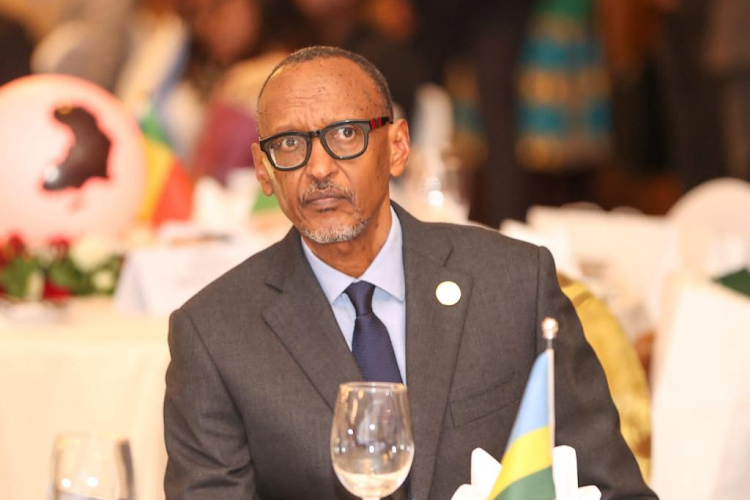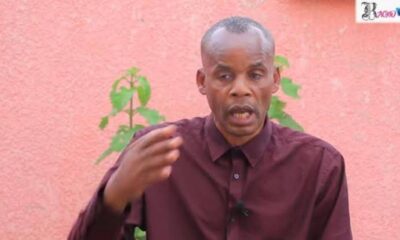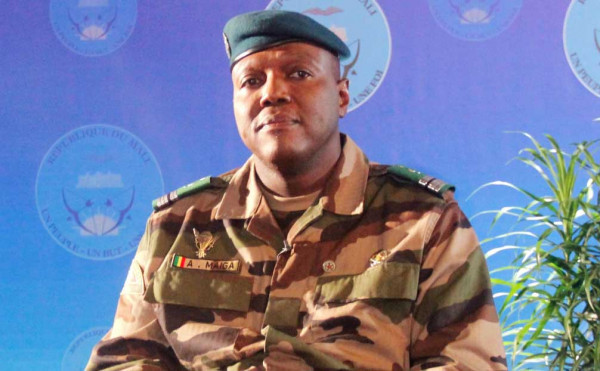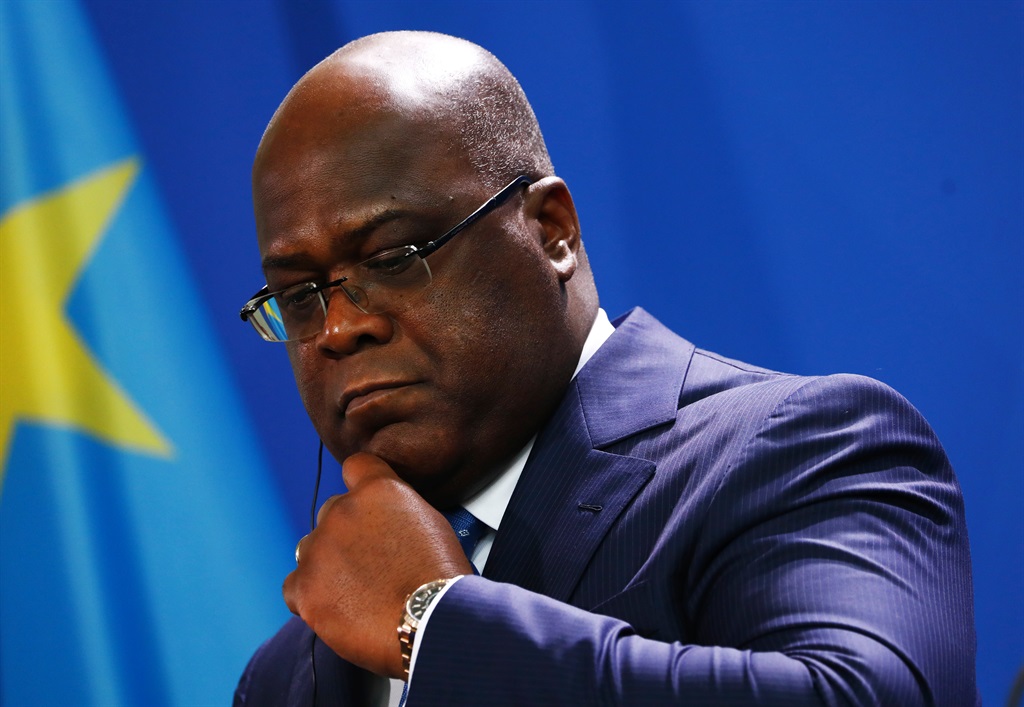After a resounding victory in last month’s election, Rwanda’s President Paul Kagame was sworn in on Sunday for a five-year term, extending his nearly 25 years in government.
Following the election commission’s exclusion of eight other candidates, including his most vocal adversaries, the 66-year-old former rebel leader emerged victorious with 99.18% of the vote in the July ballot.
Leaders in the West and the region praised Kagame for his role in putting an end to the genocide in 1994 and transforming Rwanda into a desirable location for aid and investment. However, he has denied all charges of violating human rights, stifling dissent, and aiding rebels in the Democratic Republic of the Congo, all of which have damaged his reputation.
“Our country has been a good work in progress for the last 30 years. This new mandate means the beginning of even more hard work,” Kagame said.
“That expectation to keep improving is not a dream, it is a reality. We can do it and we will do it.”
Thousands of people attended Sunday’s swearing-in ceremony at Kigali’s Amahoro National Stadium, with many of them sporting T-shirts with the yellow, green, and blue colours of the national flag on them.
The audience cheered as the military saluted Kagame with 21 guns. There were twenty-two heads of state from African nations present.
2015 saw a reform to Rwanda’s constitution, giving Kagame more time to serve as president.
The Democratic Green Party’s Frank Habineza and the independent Philippe Mpayimana, who ran against him last month, both declared their defeat.
According to human rights organizations, the election was tainted by a crackdown on the media, the opposition, and civil society organizations. Throughout the election campaign, a government spokeswoman consistently dismissed such criticism.
Human rights advocates claimed that the 66-year-old’s resounding victory served as a clear reminder of Rwanda’s lack of democracy. Out of eight applicants, only two were allowed to run against him; several well-known opponents of Kagame were excluded.
In 2015, Kagame supervised contentious constitutional changes that reset the clock for the Rwandan leader, enabling him to potentially reign until 2034, but also cut presidential tenure from seven to five years.
President Kagame is one of several long-serving African leaders, including Yoweri Museveni of Uganda, Paul Biya of Cameroon, who has been in office since 1982, and Teodoro Obiang Nguema Mbasogo of Equatorial Guinea, who has been in office for 43 years and is the world’s longest-serving president.

 Sports2 days ago
Sports2 days ago
 Metro2 days ago
Metro2 days ago
 Metro1 day ago
Metro1 day ago
 Culture2 days ago
Culture2 days ago




































